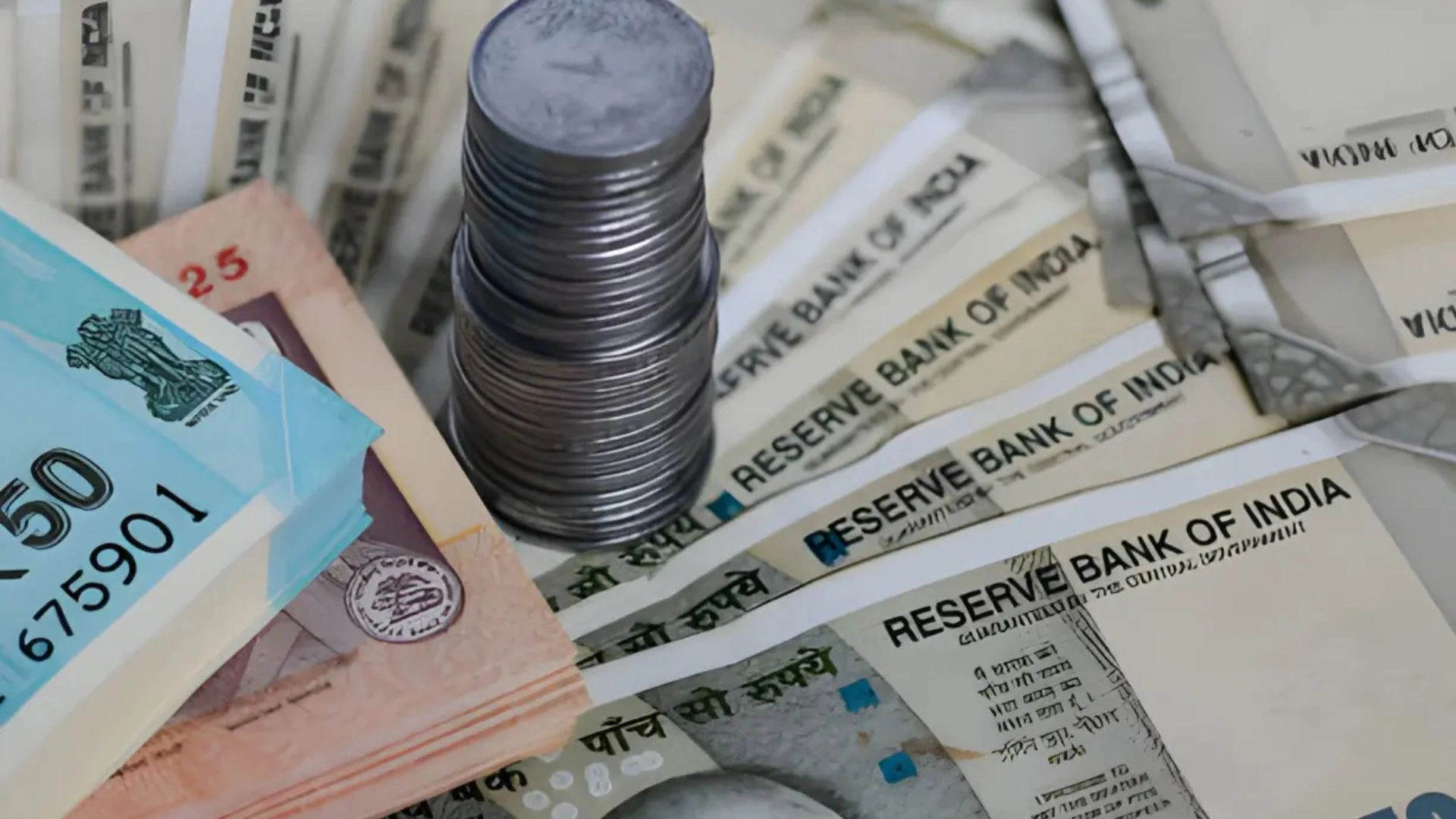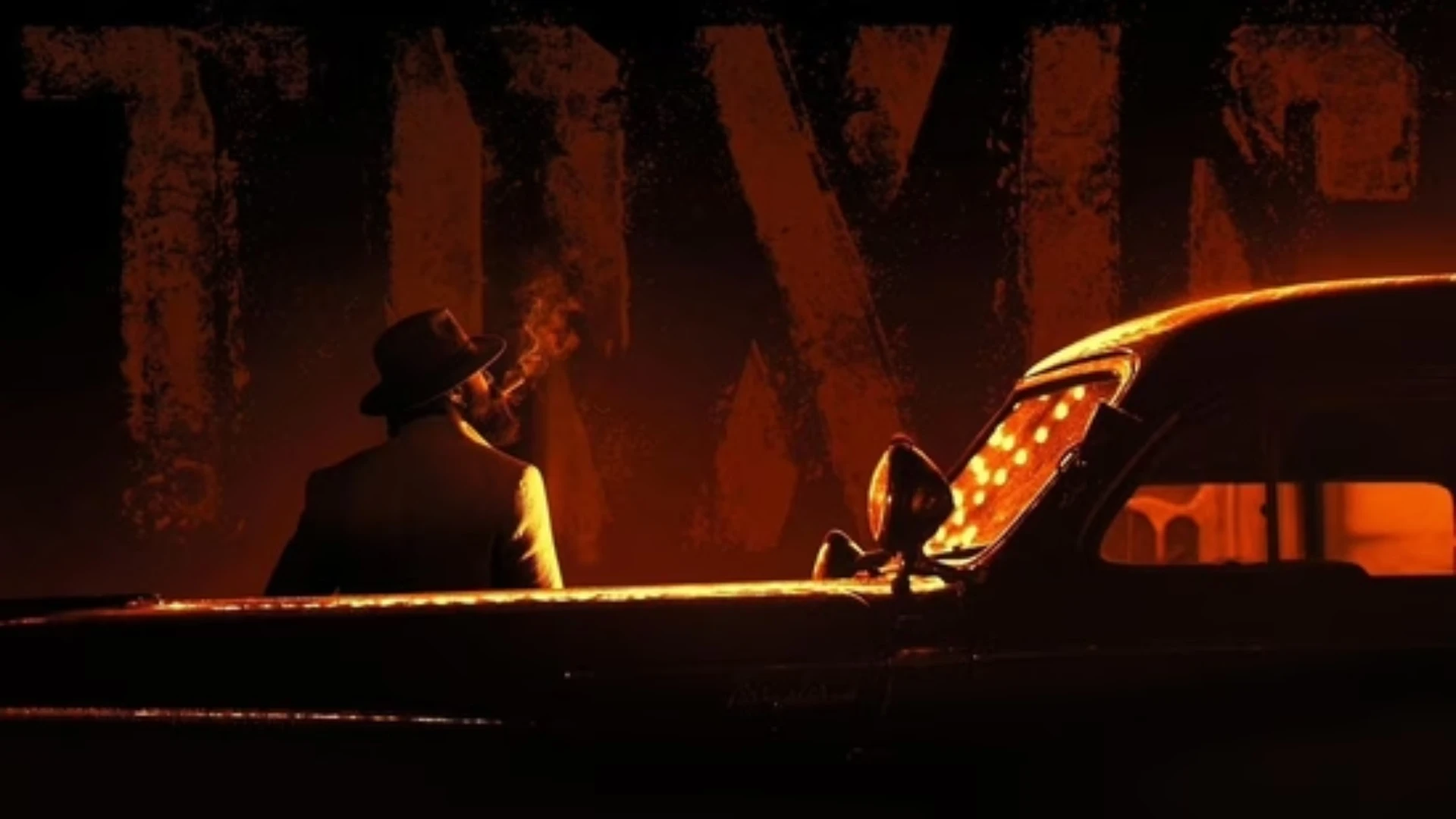On Wednesday, November 27, Australia’s House of Representatives has passed a bill that would ban children under 16 years old from using social media platforms, including TikTok, Facebook, Instagram, and Snapchat.
The legislation, which passed with 102 votes in favor and 13 against, will now move to the Senate for final approval, as reported by AP.
If enacted, it would be the first law of that will official ban social media for teenagers, first ever in the world.
What is the law?
Under the proposed law, platforms failing to prevent children from creating accounts could face fines of up to 50 million Australian dollars ($33 million). The platforms will have one year to implement age verification systems before penalties are enforced.
A Law with limitations yet necessary
The government has agreed to amendments that would prevent platforms from requiring users to provide government-issued identification, such as passports or driver’s licenses, or mandating digital identification through a government system. Communications Minister Michelle Rowland emphasized that while no law is perfect, the bill is a step toward improving online safety for children.
Opposition lawmaker Dan Tehan acknowledged the bill’s limitations but defended it as a vital measure.
“Will it be perfect? No. But is any law perfect? No, it’s not. But if it helps, even if it helps in just the smallest of ways, it will make a huge difference to people’s lives,” Tehan told Parliament.
Criticism of the Legislation
On Tuesday debate, critics of the bill, including independent lawmaker Zoe Daniel, argue that it was rushed through Parliament without proper scrutiny. They contend it may fail to address social media’s harms, create privacy risks, and remove parental authority.
Daniel dismissed the legislation as ineffective, saying, “The true object of this legislation is not to make social media safe by design, but to make parents and voters feel like the government is doing something about it.”
“There is a reason why the government parades this legislation as world-leading, that’s because no other country wants to do it,” she added.
Some critics warn the ban could isolate children, push them toward the dark web, and discourage young users from reporting online harms. They also argue the legislation may reduce incentives for platforms to enhance online safety for all users.
Parents, Families Support the law
Supporters, including online safety advocate Wayne Holdsworth, whose teenage son died by suicide after an online sextortion scam, describe the bill as a critical step. “It’s not the only thing that we need to do to protect them because education is the key, but to provide some immediate support for our children and parents to be able to manage this, it’s a great step,” Holdsworth said.
Now Bill Moved To Senate
The Senate, where no party holds a majority, is expected to debate the bill later Wednesday. Given the backing of major parties, the legislation is likely to pass.
If approved, Australia will ban social media for children, a move likely to be taken by other countries too, given the escalating risks of social media, and its negative impact on the teenagers.
ALSO READ: Trump Plot Suspect Ryan Routh Slams ‘Two-Party System,’ Links To Thomas Crooks



















